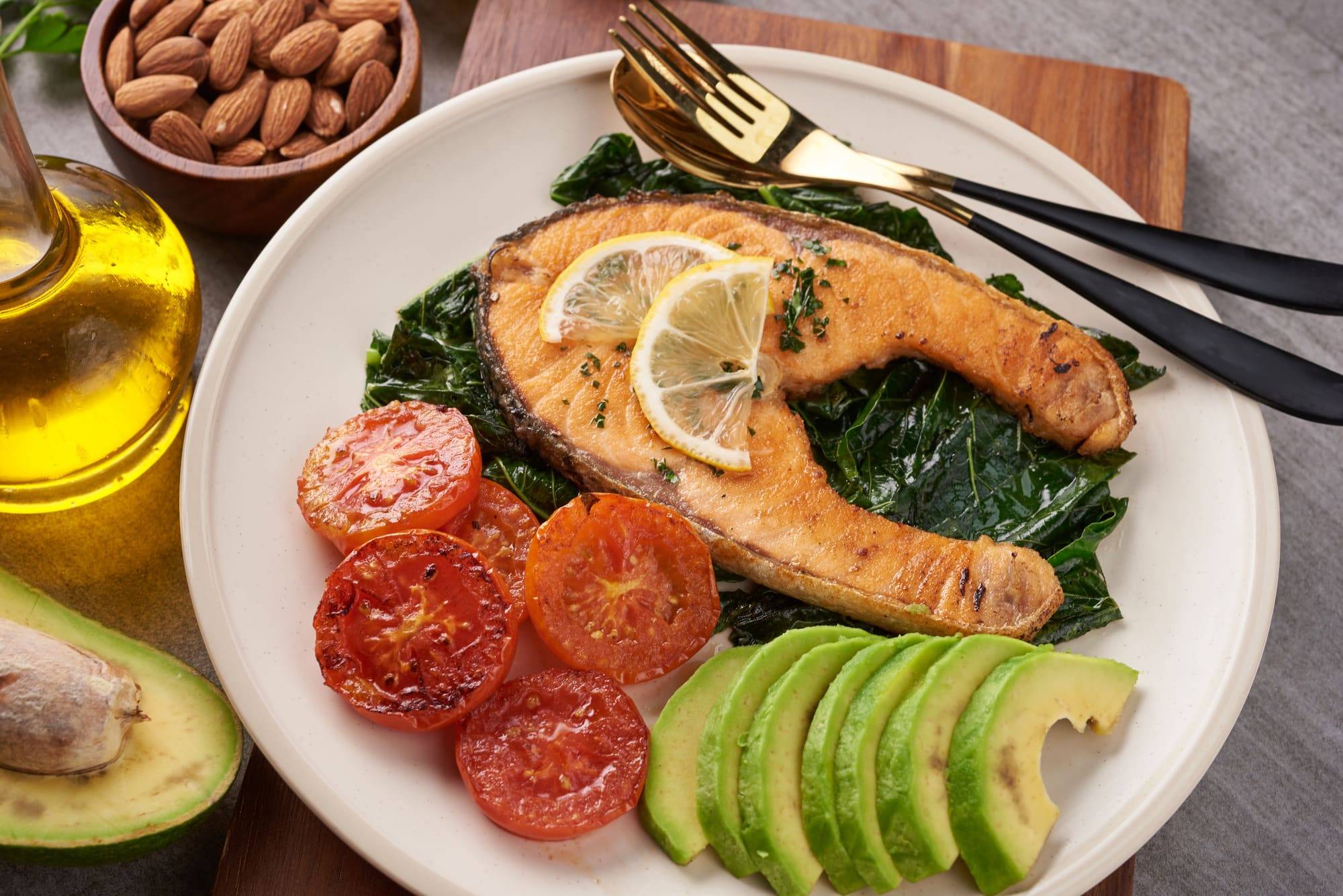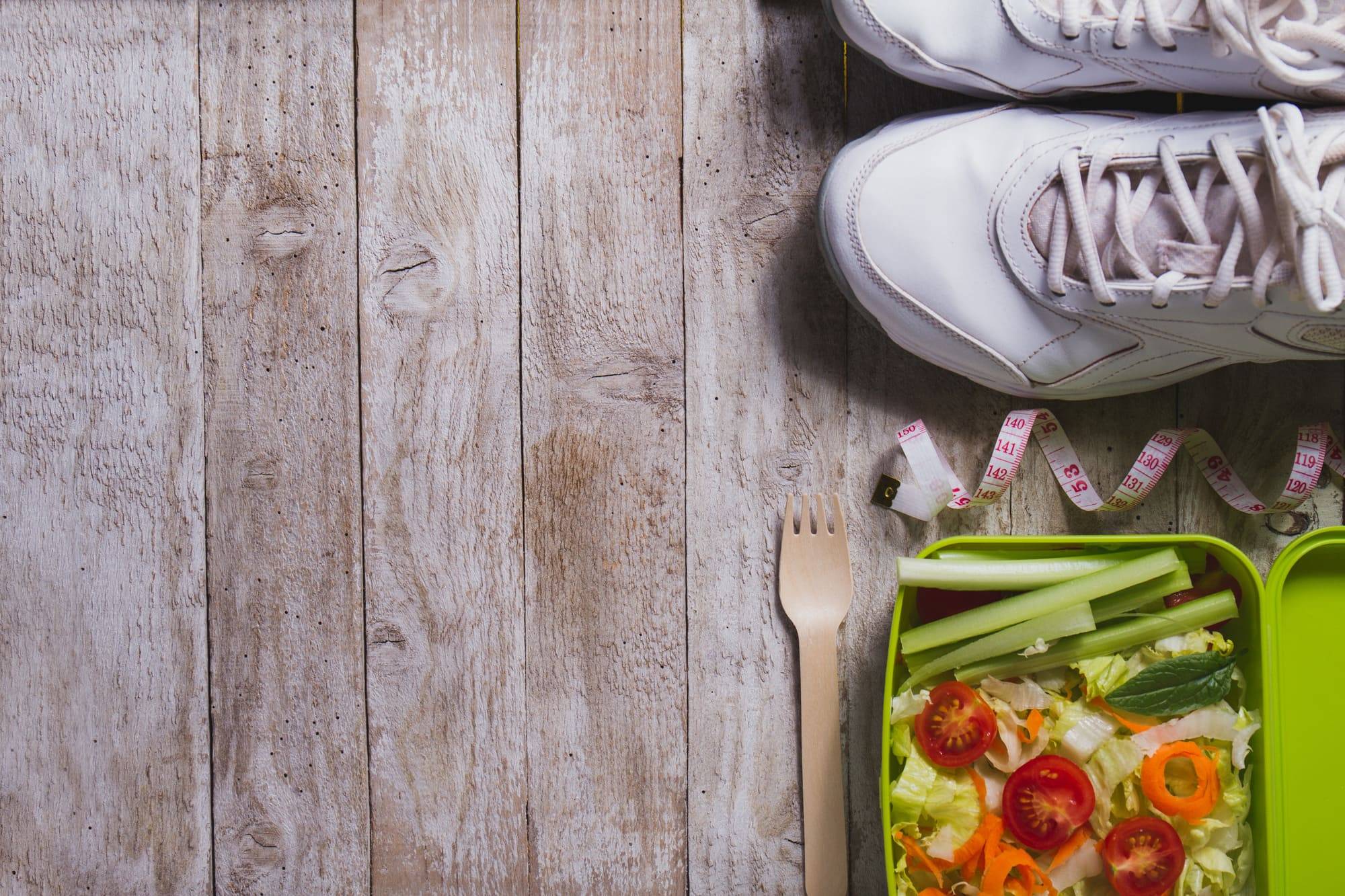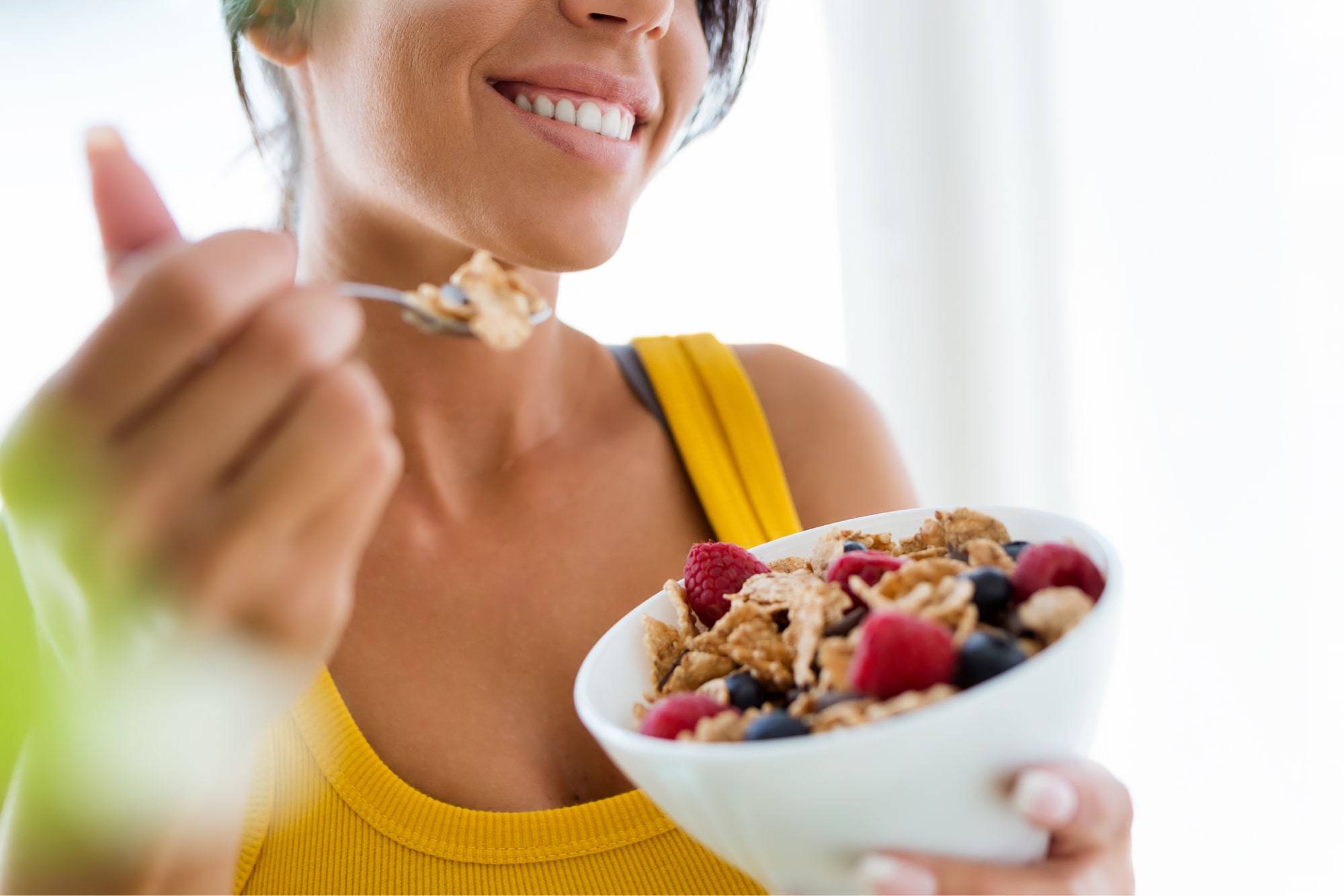Marathon runners use a special carbohydrate diet before the competition. The point of carb loading for marathons is first to reduce glycogen stores to a certain minimum limit, then force the body to accumulate it for future use.
Science Behind Carbo-Loading
The replenished carbohydrate deficiency is stored in the liver and muscles in the form of glycogen, which, in turn, serves as fuel for the body during long workouts and competitions. Experts believe that such a diet can be beneficial during a marathon.
According to studies, as a result of a carbohydrate diet, a runner who expects to run a marathon in under 3 hours, correctly distributing forces over the course, should be less afraid of the “marathon wall” that often occurs at around 20 – 22 miles.
The idea of this diet is to stress the body, first by placing it in conditions where glycogen is depleted and almost never replenished through nutrition, then by loading the body with carbohydrates so that it can intensively accumulate glycogen, creating a reserve greater than under normal conditions. An overcompensation effect is triggered. And this stock will become an assistant in the marathon.
How to Carb Load for a Marathon
If the start is on Sunday, then the carb loading plan starts on Monday – 6 days before. Usually, 3 days of unloading are followed by 3 days of loading. Diet must be accompanied by training.
The runners’ diet consists of two parts – carbohydrate unloading and loading to maximize the muscles’ saturation with glycogen. In addition to the “unloading/loading – 3/3 days” scheme, the 2/4 or 2/5 day scheme is less commonly practiced. The regimen must be selected individually since everyone’s body is different.
Your body will react stressfully to the exclusion of carbohydrates, and with the first meal after the restriction, it will begin to overcompensate for its loss, that is, store more than it was before – up to 3-4 mg.
During carbohydrate unloading, the decrease in glycogen occurs for 3 days: from Monday to Wednesday.
The main condition on “carbohydrate-free” days is the exclusion of carbohydrates (cereals, flour, sweets, and unprocessed carbohydrates such as fruits and starchy vegetables). These days, the diet comprises proteins – poultry, beef, fish, eggs, hard cheese, and cottage cheese. You can eat vegetables that contain no more than 5 grams of carbohydrates per 100 grams of the product.
As a result of the first stage of the diet, glycogen stores are reduced to a minimum, and the body tries to switch to fat stores.
With carbohydrate loading, you need to increase the number of carbohydrates, not the amount of food eaten. It is important to drink plenty of water during a carbohydrate diet so that carbohydrates are stored in the muscles and not excreted from the body. It is also important to avoid all fatty and spicy foods.
Training during the diet is mostly light – short crosses and short accelerations, but on the eve of the end of the diet, it is necessary to do a short, intense, aerobic-anaerobic workout.
Carbohydrate Diet and Loading before a Marathon: Plan, Principles, Best Carbs for Runners
Approximate Diet Plan
The diet plan is based on race day being on Sunday.
Part One: Carbohydrate Unloading, Carb Rejection
Monday. First day without carbs. Breakfast: tea without sugar, hard cheese, or cottage cheese. Lunch and dinner: hard cheese, fish, meat, broth, 1 egg (without yolk).
Tuesday. Breakfast is the same. Lunch and dinner: hard cheese, fish, boiled meat, egg white, red caviar, low-fat broth. Avoid fried foods.
Wednesday. Breakfast is the same. It is better to exclude coffee and cocoa in the lead-up week. Black or green tea without sugar, hard cheese, or cottage cheese. Lunch and dinner: hard cheese, steamed or boiled low-fat fish, meat, egg white, red caviar, low-fat broth. Avoid fried foods.
Part Two: Carb Loading
From Wednesday evening until Saturday, with a peak on Friday, carbohydrate loading takes place.
Thursday. Breakfast: tea with sugar or a spoonful of honey (but don’t get carried away with honey this week – it relaxes the muscles), a bun, toast with jam. Lunch and dinner: you can do whatever you want, preferably in small portions after 2 hours, mainly pasta, rice, buckwheat, or yogurt.
Friday. The same as on Thursday. Limit fresh vegetables, grape, and apple juices, which cause the fermentation mechanism in the intestines.
Saturday. The same diet as on Thursday and Friday. Try not to overeat, especially at night, to get a good night’s sleep before the competition.
Sunday. Early breakfast, 2 hours before the start. Water-based oatmeal, bananas, and dried fruits. Tea with sugar.
What Foods Can You Eat?
What you can eat on a carbohydrate-free diet before a marathon: meat, fish and seafood, eggs, dairy products without added sugar (kefir, butter, milk, cheese, cottage cheese, curdled milk, cream, sour cream), cucumbers, bell peppers.
During loading, the main dish should be foods containing healthy carbs for runners: rice, all types of cereals, potatoes, pasta (durum wheat pasta), and grapes. Consume all products in your usual volume.
For carbohydrate loading, “carbohydrate snacks” such as cookies, cakes, chocolate, sweets, ice cream, marshmallows, and other harmful polysaccharides are not suitable. Your body will not receive anything useful, only sagging sides.
Remember that the main load day is Friday when loading carbs before the race. Many beginner runners load only the day before, but this is ineffective. Among other things, it is important to remember that a carbohydrate diet is not a complete change in your usual diet but only a temporary shift in emphasis.






